During a coffee break at work, Samuli Paavilainen and his colleagues discussed their shared experiences. Everyone was interested in mentoring, but finding the right mentor seemed difficult. And if you had somehow found a mentor, the choice was not always right.
The team was inspired to conduct a study. It revealed that many others had the same problem: there was interest in mentoring, but the threshold was high for it. Half of the respondents said that they found the concept developed by Paavilainen and his team interesting: a digital meeting place for peer mentoring.
“We wanted to get rid of the elitist perspective that mentoring is just for the highly educated and provided in a top-down manner,” says Paavilainen.
Mentoring should be made available to everyone
Paavilainen and his friends wanted to start with mentoring being an ancient method of development and lifelong learning, which should be made available to everyone. So they decided to build a digital tool to support mentoring. Users of the peer mentoring service create a personal profile of themselves, where they provide details about themselves and their strengths, and also state if they are seeking a mentor or are looking to help others develop. The service matches the user with suitable prospects.
“Usually, mentoring services are arranged so that a third party determines the mentor and mentee. With our service, Mentoristit, both are able to influence the outcome and find the suitable person,” Paavilainen explains.
Once the service creates a match between the mentor and mentee, they can discuss what they are looking for and agree on a meeting: in person or online. The duration of the mentoring can be agreed on in advance or alternatively they can wait until after the first session to agree on it. The smallest unit is one hour and mentors can predetermine how many hours of their time they are willing to share using the service. Often, it may involve just a quick information exchange and not a relationship that lasts months or years.
The service also has additional functionalities that support personal development, such as a mentoring diary and a learning style test. The service is free for mentors and mentees. Companies and communities can embed the application into their websites or include the mobile app into the service selection offered to personnel or their members. At the same time, they also gain information on what things are meaningful for their target group.
“Using the service also helps the company and community understand their employees or members better. Usually their wishes regarding personal development are lost in the bustle of everyday life,” Paavilainen explains.
Mentoring is a good fit for life today and its needs. Careers are longer and increasingly many change jobs repeatedly. Being self-directed is increasingly important at work and everyone has to look after their own competitiveness. In those problem areas of life, many want to exchange experiences with someone who has already been through the change.
“We want to improve the entire Finnish working life with the service. Maybe mentoring could even help with increasing productivity.”



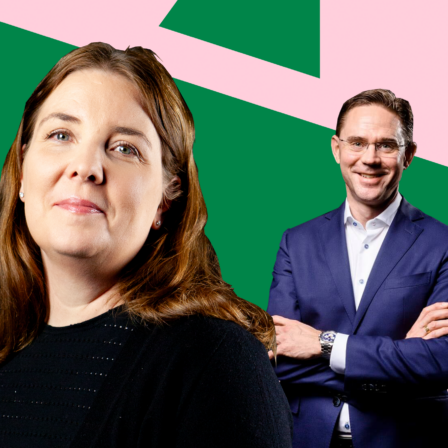
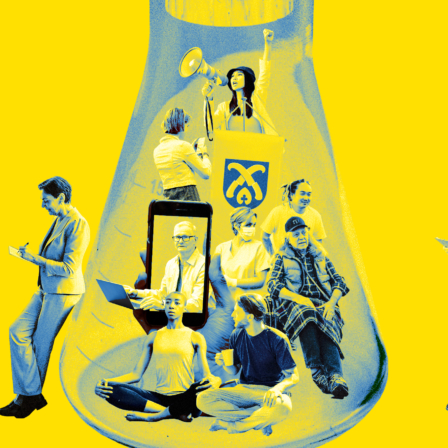
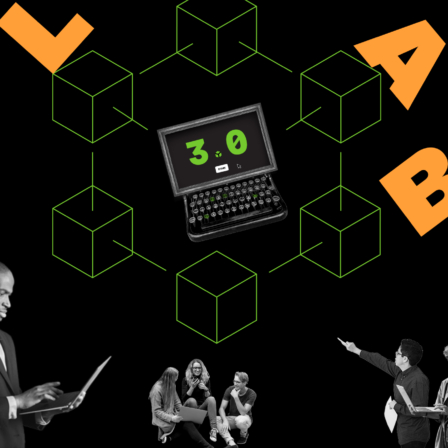
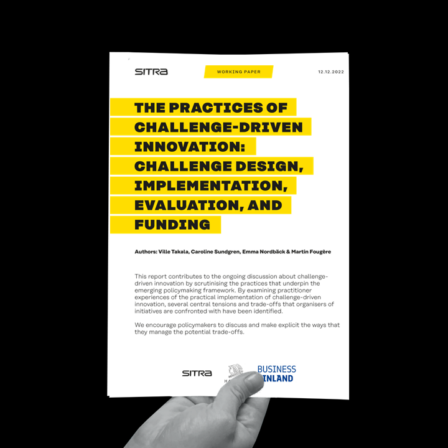
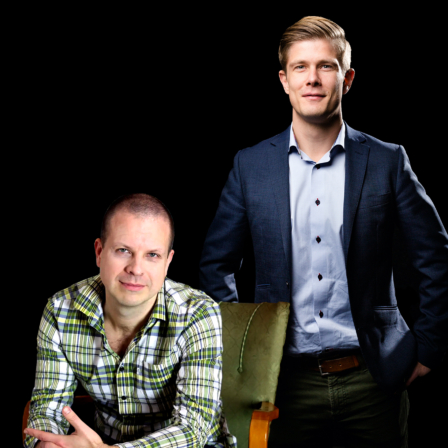
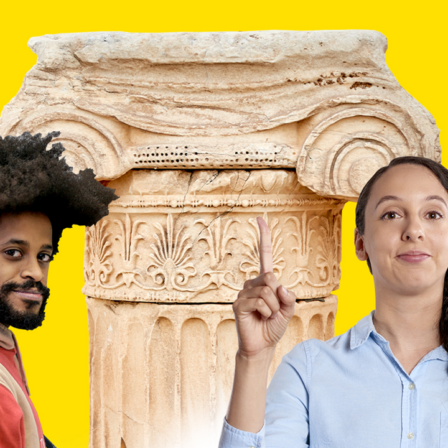
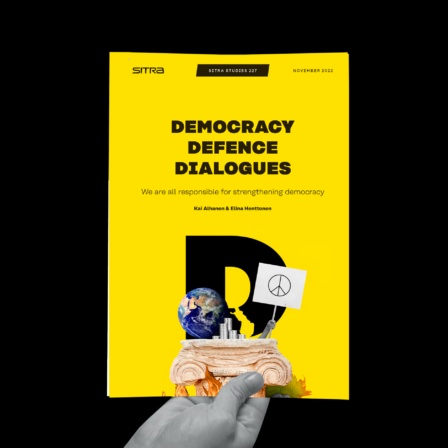


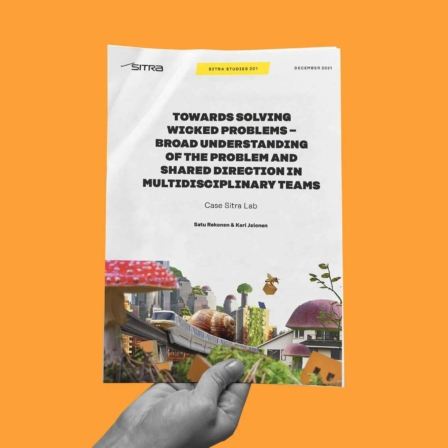


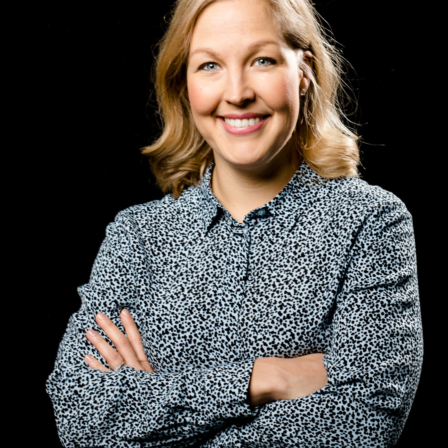
Recommended
Have some more.